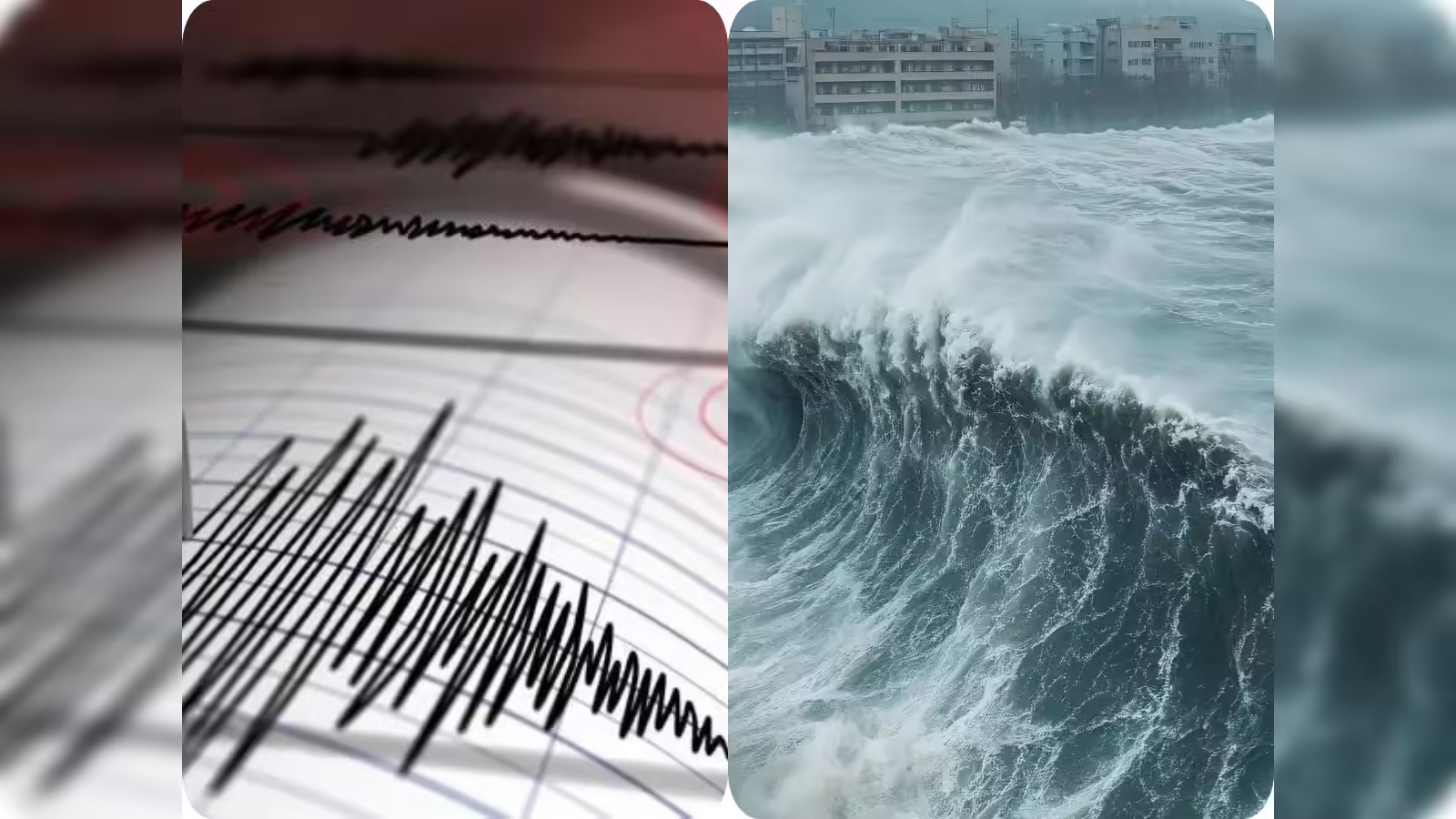Is Manga’s July 5 earthquake prediction going to come true? This viral query has stirred worldwide interest—and tension—as thousands and thousands speculate whether or not Ryo Tatsuki’s manga prophecy will manifest. But what’s the actual tale behind the hype, and what does technological know-how say?
Is Manga’s July 5 earthquake prediction going to come true?
The focus keyword starts now, as we explore every facet: the manga’s origin, seismic activity in Japan, scientific disclaimers, reactions in tourism and media, and what this all means moving forward.
Origins of the Prediction
The roots of this frenzy lie in The Future I Saw, a 1999 manga by Ryo Tatsuki. Its 2021 reprint depicts a chilling vision: a crack forming on the seabed between Japan and the Philippines, triggering a tsunami “three times the size” of the devastating 2011 Tohoku tsunami. After the actual 2011 disaster, fans hailed Tatsuki as prophetic, branding her “Japan’s New Baba Vanga”. Now, with the headline date of July 5, 2025, panic has resurfaced.
Recent Seismic Activity
Since June 21, over 1,000 tremors have rattled the Tokara Islands, south of Kyushu, together with more than one quake strong sufficient to make the status tough. These tremors have heightened fears and introduced weight to the manga’s ominous timeframe. However, officials stress that tremors of this nature are not unusual in the region.
What Science and Authorities Say
The Japan Meteorological Agency (JMA) has repeatedly confirmed that earthquake prediction with specific timing, location, or magnitude is scientifically impossible. JMA director Ayataka Ebita labeled date-specific forecasts a hoax and urged reliance on credible scientific evidence. Experts like Professor Naoya Sekiya of the University of Tokyo echo this, emphasizing preparedness over fear-driven speculation.
The Artistic Disclaimer
Tatsuki herself has issued qualifiers, stating she’s “not a prophet” and cautioning against undue influence from her work. In Time Magazine, she clarified the July 5 quake “may not happen,” though she stopped short of retracting the entire vision.
Economic Fallout & Tourism Impact
Despite assurances, the prediction continues to impact tourism. Tourism from Hong Kong dropped 11% in May compared to last year, with some airlines cancelling flights, especially to southern Japan. Travel agents in Hong Kong have reported that business has almost halved, while flight bookings from East Asia are down as much as 83%. Economists estimate Japan could lose around ¥560 billion (~$3.9 billion) if anxieties persist.
Cultural & Media Amplification
Social media—especially platforms like X and TikTok—have amplified the buzz, pushing the narrative into superstition territory. Cafes, bars, and public spaces feature doomsday chatter, which only adds fuel to the fire. Furthermore, astrology and occult websites have joined the fray, blending scientific uncertainty with prophecy-driven anxiety.
The Larger Seismic Context
Even without manga prophecy, Japan is already primed for seismic events. A government panel warns of a 75–82% chance of a megathrust quake originating from the Nankai Trough within 30 years. Officials use this to encourage long-term disaster readiness, while still rejecting any date-specific forecasts.
So, Will July 5 Be That Day?
- No scientific basis supports the prediction.
- Historical seismic patterns in the region are normal.
- Authorities and experts warn against succumbing to fear.
- Tatsuki herself says to trust experts, not prophets.
The likelihood of a catastrophic quake or tsunami on July 5 remains virtually zero. If the day passes without incident, many will likely dismiss the hype. If a natural event does occur later, it will be due to normal geophysical processes, not a mystical foresight.
Final Thoughts
Is Manga’s July 5 earthquake prediction going to come true? Highly unlikely. While the narrative resonates emotionally—bolstered by tremors and sensational hindsight—it lacks scientific validation. Authorities agree: predicting the exact specifics of earthquakes remains outside our capabilities. And that’s a compelling reason to resist panic and focus on preparedness.
In the end, the date may pass quietly—or not. But Japan’s readiness isn’t dependent on prophecy; it’s built on rigorous planning and public awareness. And that’s something worth supporting.



